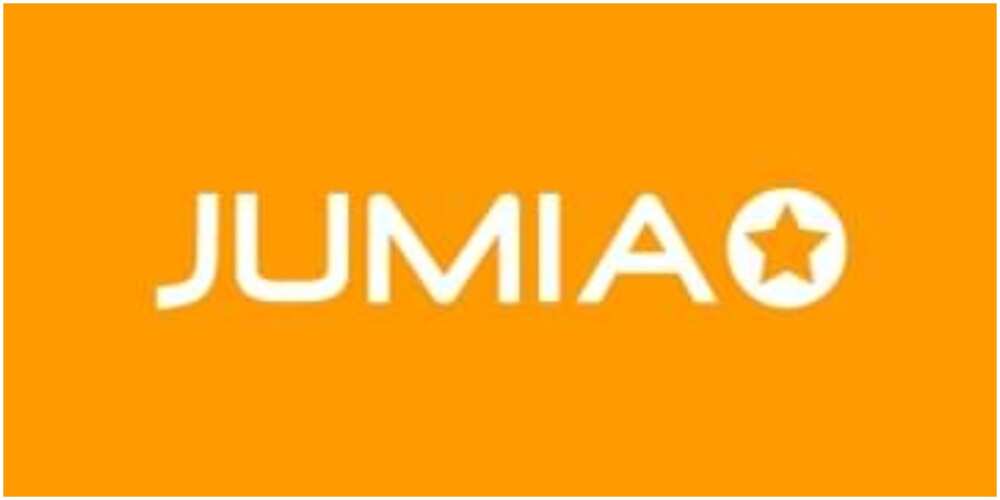Poor Revenue Performance, Low Purchasing Power Hurting Jumia's Shareholders
- Shareholders of Jumia are recording decline in their investment in the last six months as the company's share value has been depreciating
- In the first and second quarters of this year, the African ecommerce giants stock value had dropped more than 60 percent
- Jumia is cutting back on one of its revenue source, the First Party sales, and this is affecting the online shopping firm's quarterly turnover
In the first quarter of 2021, Jumia stated that its business is performing well base on gross profit that rose by 10.9 percent, but investors seem more concerned about its ability to make money.
Jumia's revenue had been on a downward path in recent quarters as its recorded orders declined for two consecutive quarter (Q3 & Q4 of 2020, before reporting a 3.3 percent uptick in Q1 2021.
Despite the increased orders in Q1 this year, its GMV, which corresponds to the total value of orders for products and services, including shipping fees, value added tax, significantly dropped by 13 percent.

Source: Facebook
During the first three months of this year, according to its Financials, Jumia's revenue - which is sourced from direct and third party sales - dipped by 6.4 percent from €29.3 million [Q1 2020] to €27.4 million [Q1 2021].
According to Jumia, the loss is due to its decision to relax direct sale, and focus on third party sales, hence, the reason the ecommerce firm prioritise gross profit which was up by 10.9 percent ahead of revenue.
But a look through the company's capital market performance shows that investors are not satisfied with Jumia despite the uptick in its gross profit as the firm which is losing revenue is also recording operating loss of about €33.7 million in the first quarter of 2021.
What's happening to purchasing power
Jumia is operating in a volatile market in Africa where currency devaluation is steadily applied by governments of some main markets, from Nigeria to Kenya and Egypt.
Year-on-year in Nigeria, naira value has declined against the Euro by 15 percent, Egyptian Pound was down 9 percent and Kenyan Shilling depreciated by 19 percent in the first quarter of 2021.
This has affected the cost of goods to rise in African economies that is battling to survive the adverse impact of COVID-19 pandemic. Cost of living has increased, reducing the purchasing power of Nigerians, others - hence, the drop in Jumia's GMV.
Impact of poor revenue on Jumia's investors
Jumia's declining revenue and markets' purchasing power is drowning shareholders confidence, and enabling prospective investors to value and buy its stock for cheap.
In three months between January 22 to April 22, shareholders investment has depreciated by 46 percent as the share price dropped from $56.96 per share to $30.40 on the New York Stock Exchange, losing over $26 in value.
As Jumia prepares to release its second quarter financial performance result, investors confidence have dropped significantly, causing the stock value to fall further by about 24 percent in three months between April 22 to July 22.
Over $7 was wiped off Jumia's share value to sell at $22.96 as at the time of filling this report.
With the continuous cutback in direct sales, Jumia is expected to record another revenue dip in Q2, and stakeholders are selling off their shares amid the expectation to cut losses caused by uncertainty around revenue growth.
Jumia didn't immediately respond to enquiry.
AMAC to charge small businesses N100,000 for using generator
The Abuja Municipal Area Council (AMAC) has stated that bakery owners will start paying N100,000 for gaseous emission permit in the Nigerian capital.
Aside from bakeries, banks and other companies using generator to operate or produce will be required to obtain the gaseous emission permit, or they will be punished.
The use of heavy-duty, drilling, construction and manufacturing equipment will also attract the charge.
Source: Legit.ng



